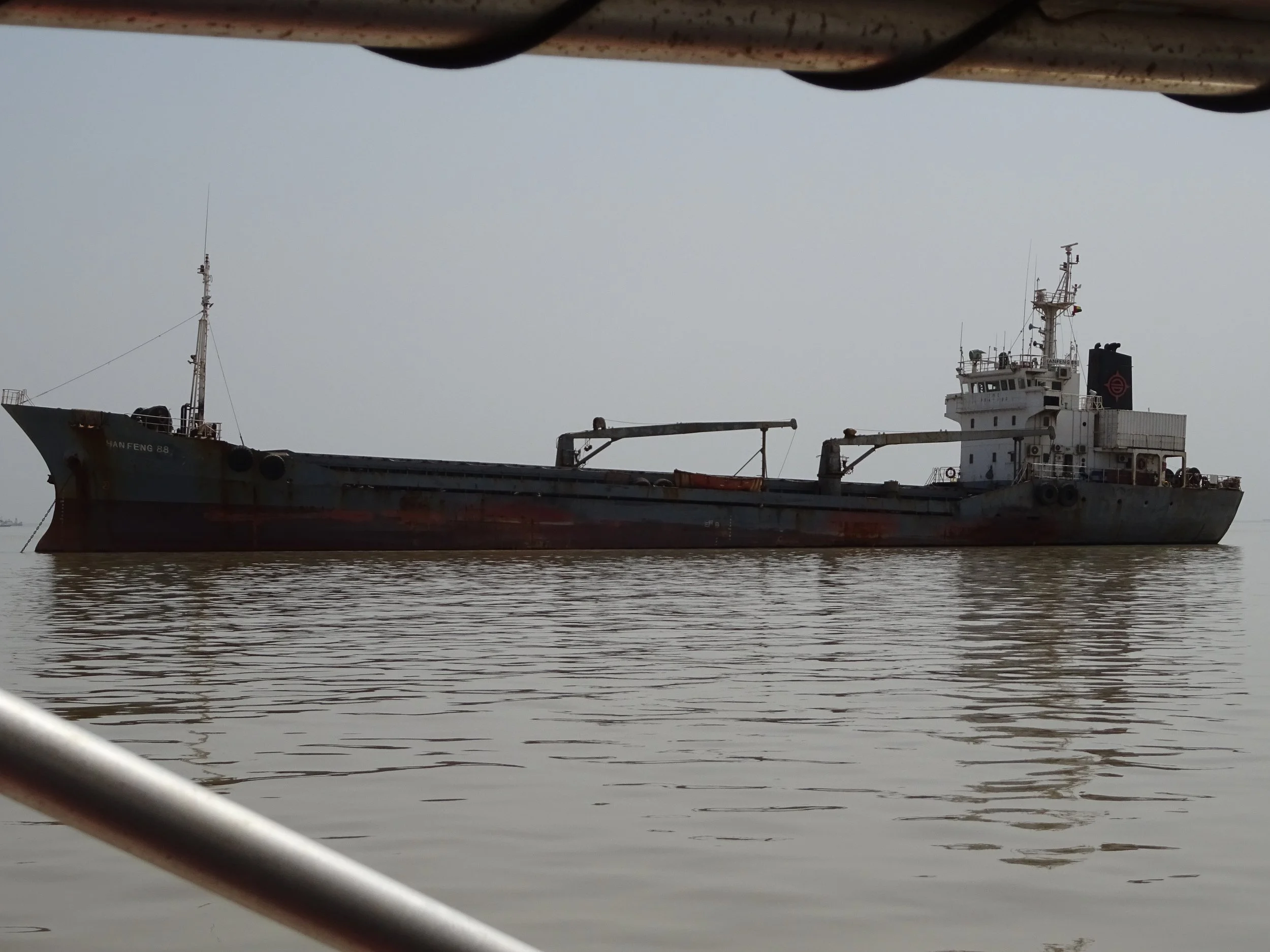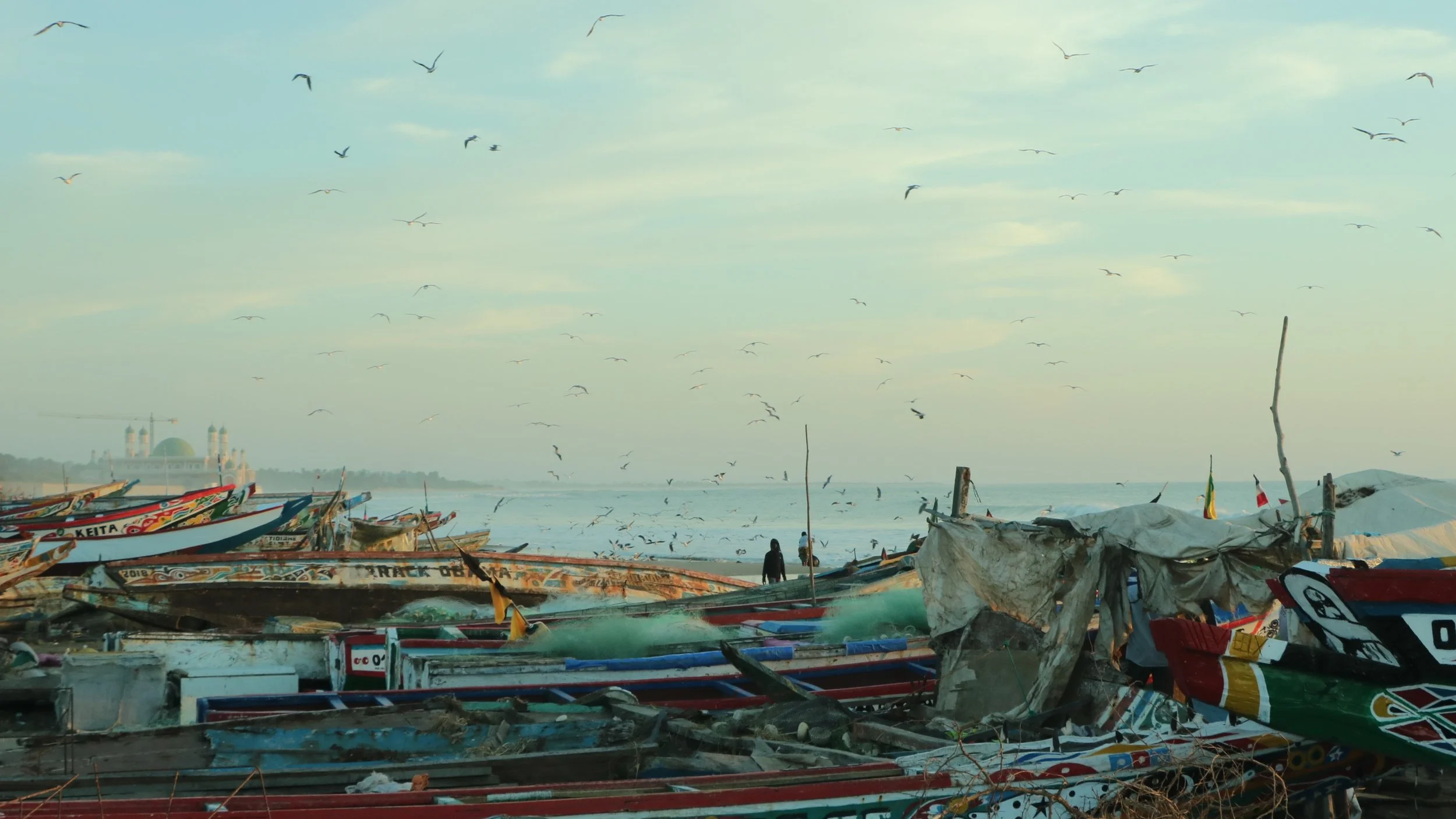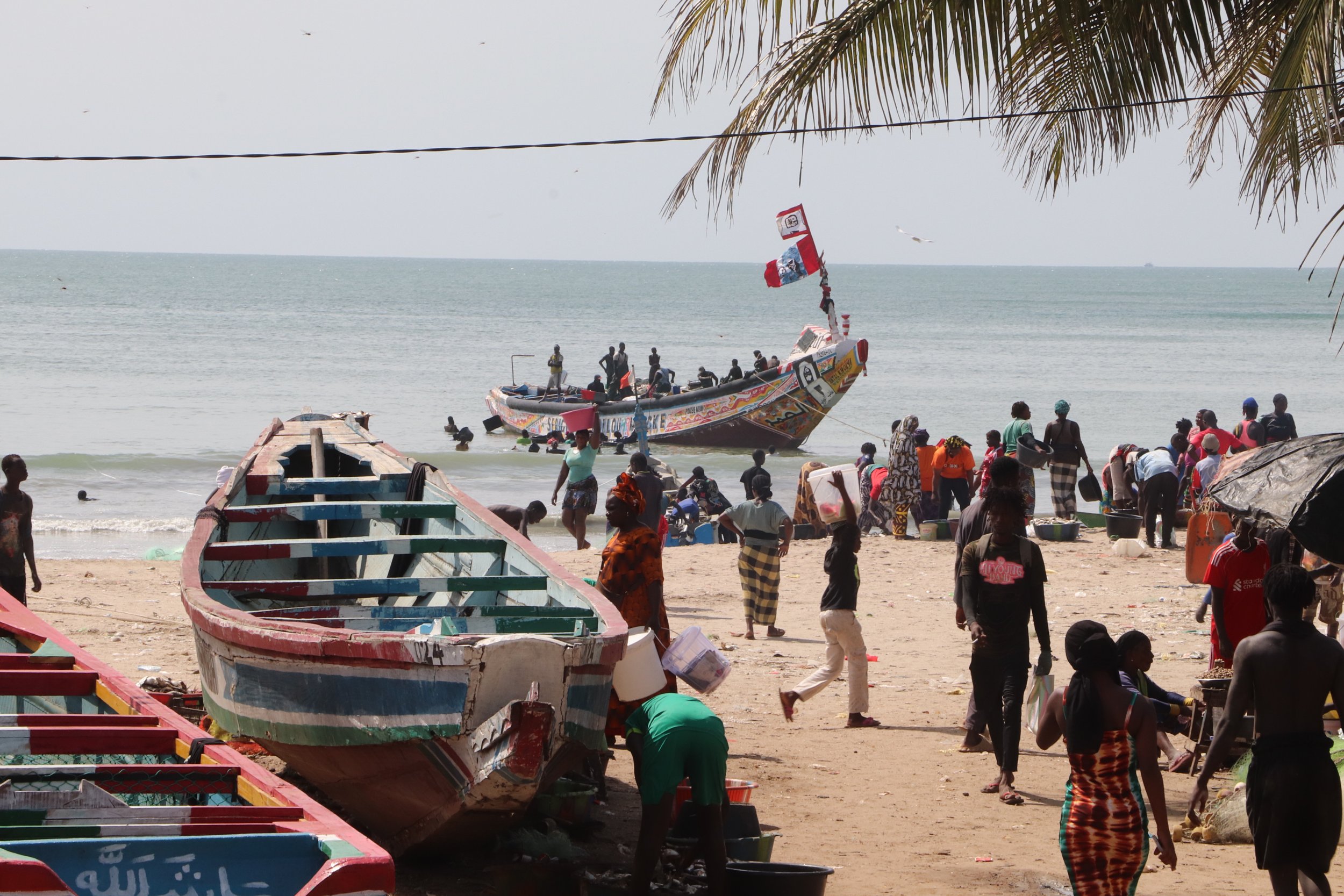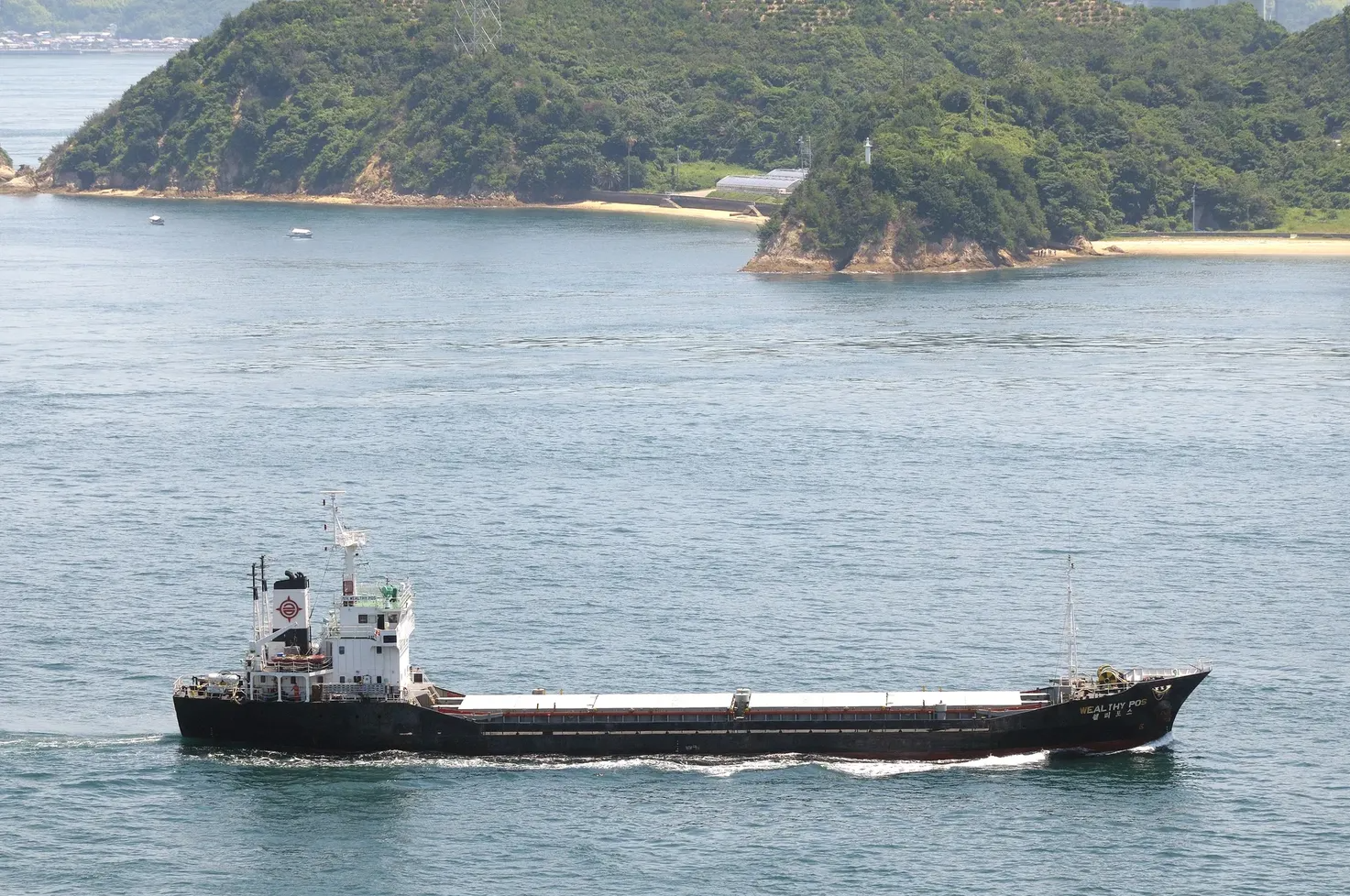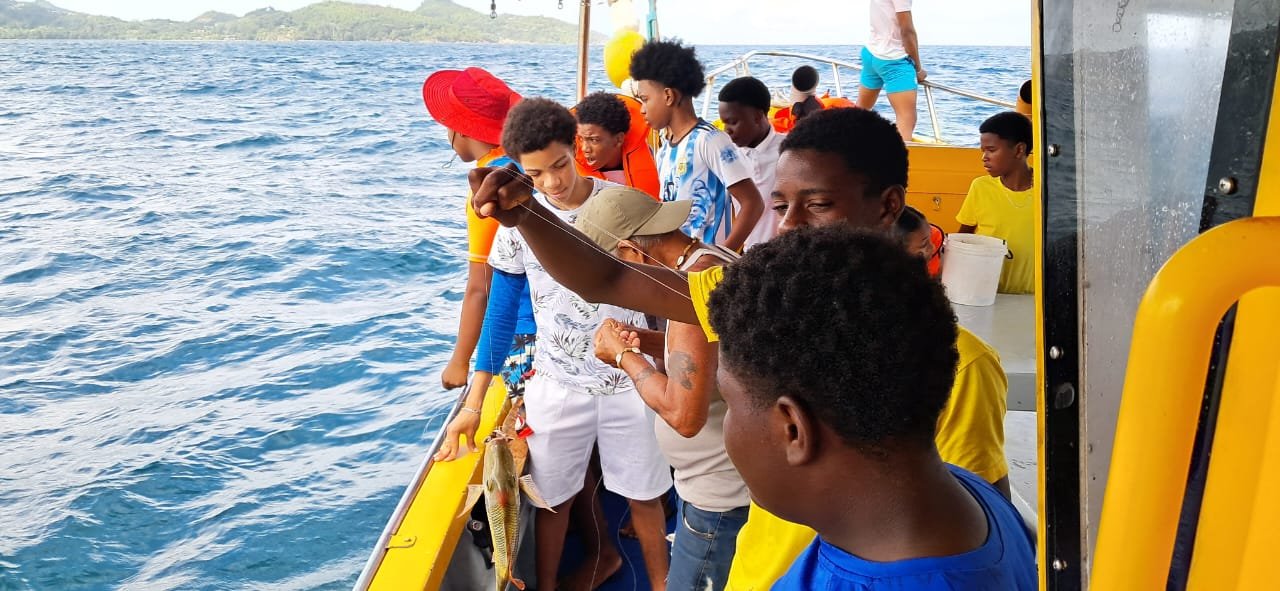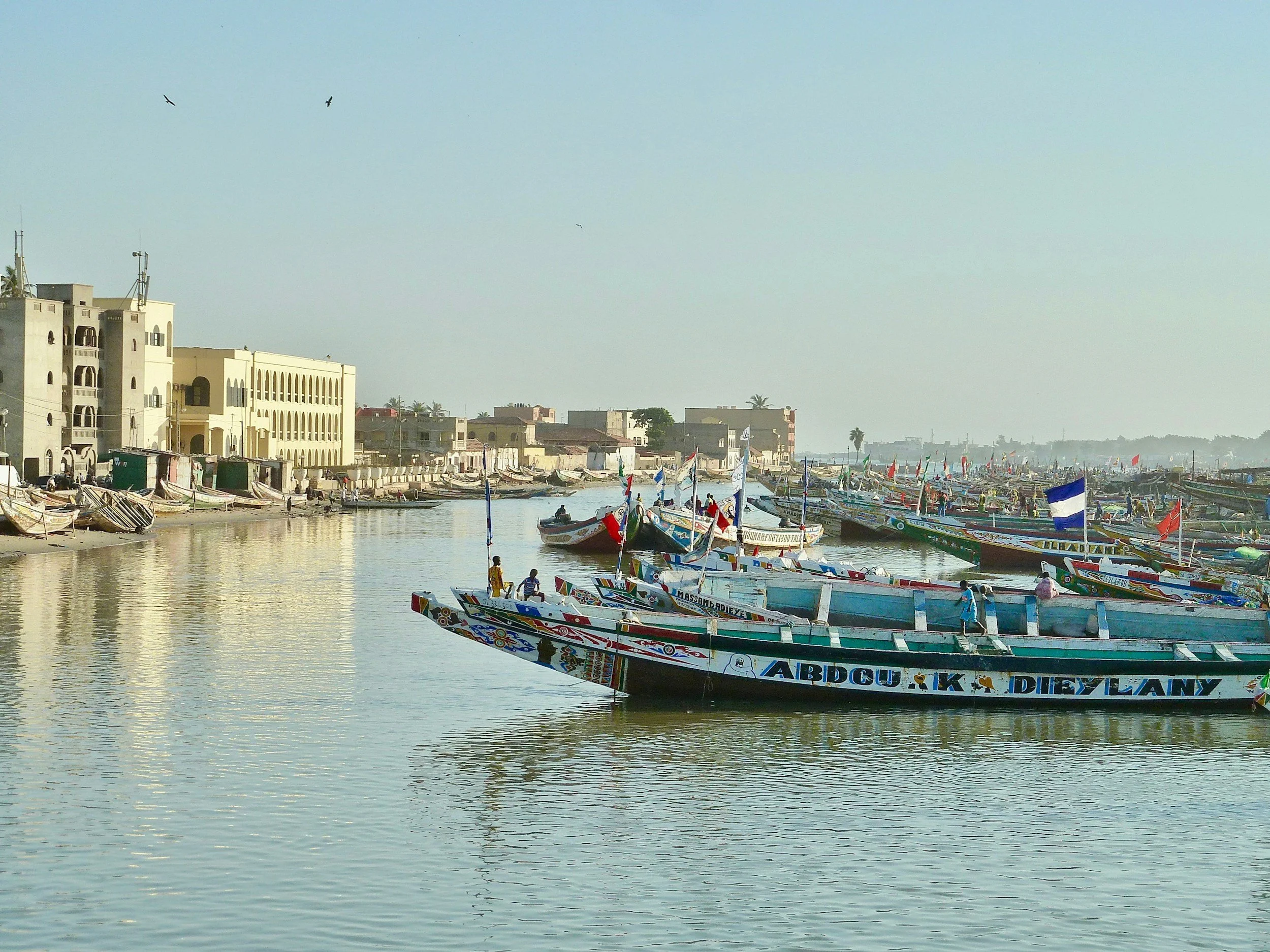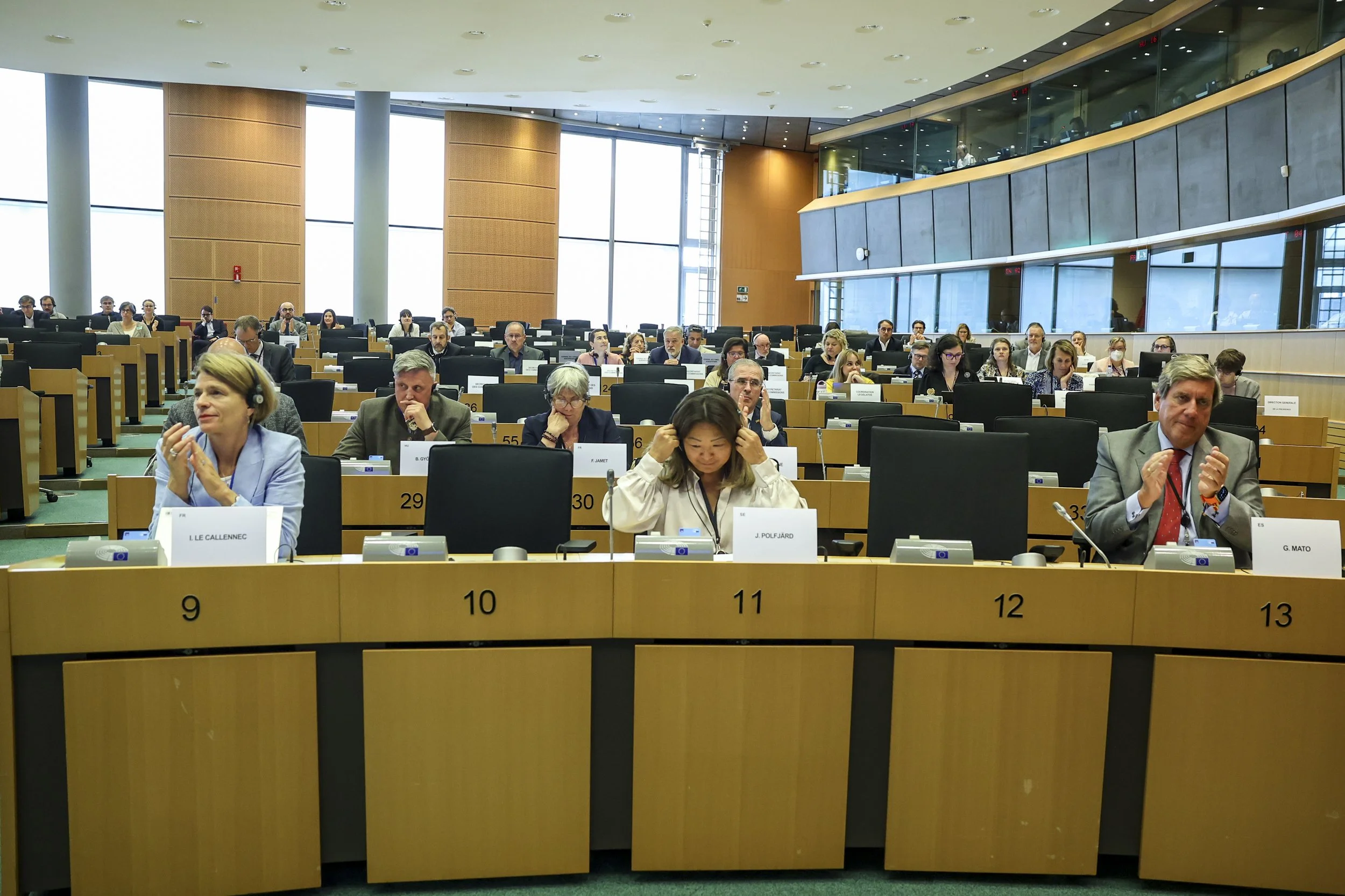Guinea-Bissau has prohibited the production of fishmeal and fish oil. The objective is to safeguard national food security, preserve marine ecosystems, and protect coastal livelihoods, while supporting the sustainable regional management of shared fish stocks. The effectiveness of this decision will ultimately depend on robust enforcement and implementation.
Beyond the high seas: why the BBNJ Agreement matters for African artisanal fisheries
The BBNJ Agreement reshapes the governance of fisheries without imposing direct regulations: high seas MPAs could displace fishing effort into African EEZs, potentially increasing competition to access for small-scale fisheries. At the same time, the treaty legitimizes negotiated and community-based spatial management tools.
The blue sapphire anniversary of EU Fisheries Access Agreements: time for change?
A recent study in Nature Sustainability reviews 45 years of EU fishing access agreements with countries across Africa, the Pacific, and beyond. It shows how a small number of EU fleets have consistently captured the lion’s share of fishing opportunities and economic benefits, leading to lasting power asymmetries.
Behind a seemingly ordinary cargo, the sensitive fishmeal trade in West Africa
Rising tides, shrinking catches: climate change and the resilience of Gambian fishing communities
From Geneva to the African coast: connecting WTO rules on fishing subsidies with artisanal fishers’ realities
In the Seychelles, fishers invest in women and school-aged children to revamp their sector
The ocean unites them: small-scale fisheries speak with one voice at UNOC 3
FiTI: a decade down, a sea of possibilities ahead
In Vigo, European and African stakeholders discuss the external dimension of the Common Fisheries Policy
Ghanaian small-scale fishers will not be subject to closed season as new authorities focus on fighting IUU
"In fisheries and biodiversity management, women are a driving force"
European Ocean Pact: small-scale fisheries insist they are part of the solution
8th OACPS Ministerial meeting declaration: "SSF are the mainstay of OACPS' fisheries sector with enduring roots in traditions and values"
Costas Kadis: “the EU Ocean Pact will be a model of sustainability, good governance, and coherence”
8th meeting of OACPS Ministers Responsible for Oceans, Inland Waters and Fisheries: artisanal fisheries representatives call for the protection of coastal zones by and for communities
In September 2024, the Ministers responsible for Fisheries of the Organisation of African, Caribbean and Pacific States (OACPS) met in Dar es Salaam (Tanzania) to discuss the theme ‘ Accelerating action for sustainable and resilient oceans, fisheries and aquaculture in OECP member countries and regions’.


